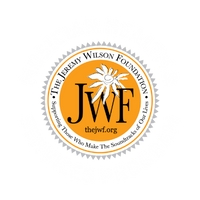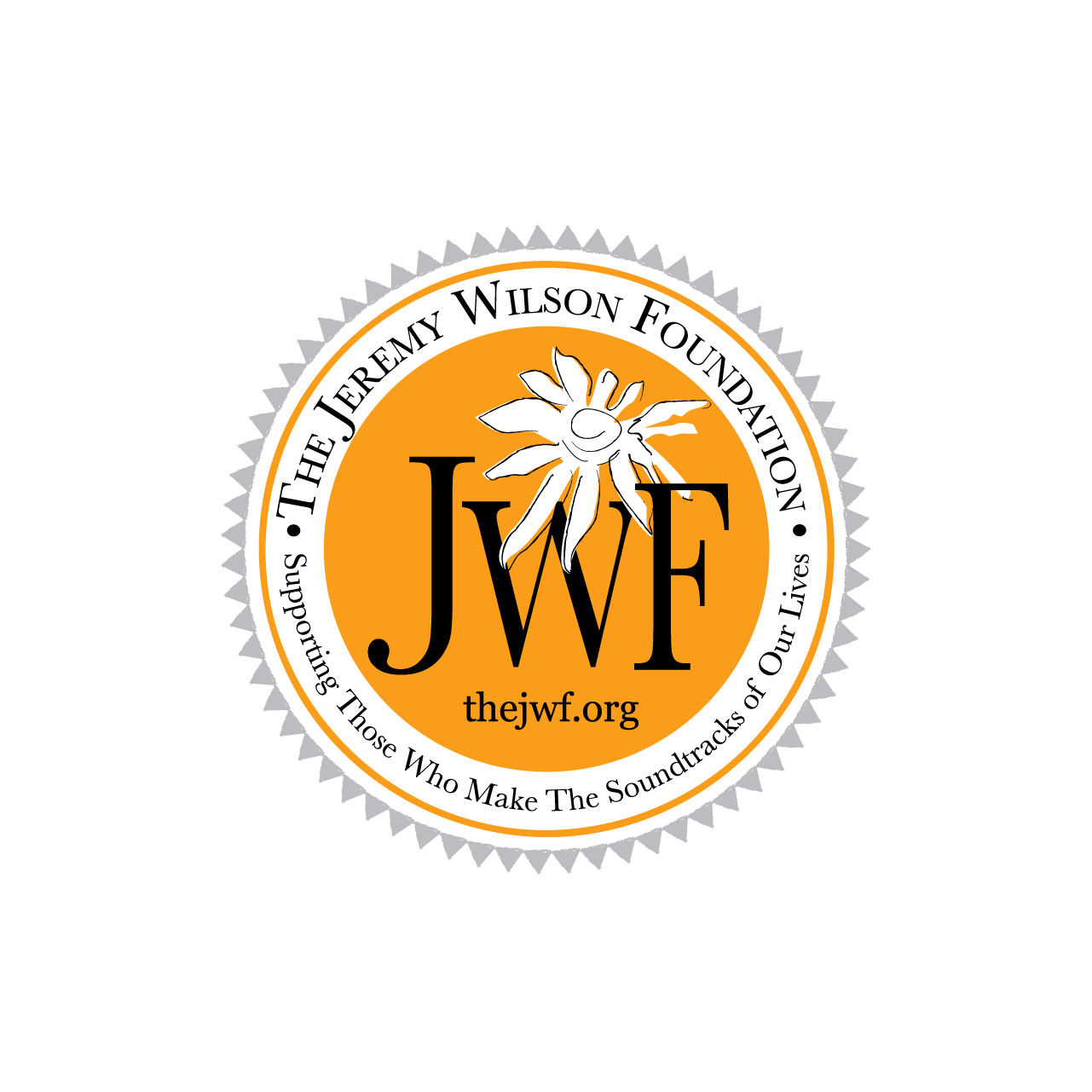Musicians In Solidarity
Written by: Claire Levine
When the music stopped,
Sarah Clarke got started.
Most of us view March of 2020 as a stopping point, or at best, an extended pause in life’s normal routine. But Sarah Clarke saw the abrupt halt of gigs and tours as an opening to focus on the issue she most cares about: social justice.
The result is Musicians in Solidarity, a non-profit that makes tangible change in Portland’s music community.
Sarah had been performing with Dirty Revival – Grant High School alumnae who reunited 10 years after graduating and eventually became a touring band. For years, they had incorporated social issues in their shows. From covering Rage Against the Machine to Sarah’s originals, Sarah said, “For me, music and activism went hand in hand.
“At first it was just fun. It was exciting to be on the road. And then it hit us that we could deliver a message, too.” Playing at an outdoor venue in a small town for 500 people, “I want everyone to have a good time and get up and dance, but I also want them to share my experiences, the experiences of a Black woman.”
Years before George Floyd was killed, Dirty Revival had recorded Sarah’s song, “Breathe,” about the death of a black man at the hands of police. “I have a black son, and I don’t want him to be afraid,” she said.
After George Floyd’s brutal killing, Sarah’s activism began to gel. She began the summer attending Portland protests. But too much tear gas convinced her there were better ways to put her ideas into action, “someplace away from the cameras.”
Sarah realized it wasn’t practical to try to change the whole world. But she saw that if people took on the areas of life in which they already were involved they could collectively make a big difference. And Sarah’s sphere of influence was the music industry. The idea that she could concentrate on making change in Portland’s music scene came when she noticed how many Portland venues where Black artists performed were failing to speak out in support of Black Lives Matter.
To channel her enthusiasm, her disappointment and her anger, she established Musicians in Solidarity. This 501(c)(3) works targets projects aimed at reducing racism and its effects. “I knew I wanted to do something tangible, beyond getting mad on the Internet.”
In less than a year, Sarah established an organization, convened a board, set up her charitable designation, raised money in the form of small contributions, and already is seeing how the community can benefit from carefully chosen projects.
From the beginning, the board scanned the community to see what other organizations already are helping local musicians and to determine how they can contribute. For example, Musicians in Solidarity lends fiscal support to People Music. People Music is a community-based nonprofit record label that helps local artists create recording projects while protecting the musicians’ right to their own music and any revenue.
Sarah’s board is collaborating/dreaming with the People Music board about the possibility of re-imagining Black Friday – to shift the focus away from crazy retail buying toward showcasing local musicians of color.
Sarah and her board created the Make Waves program. Recognizing that Portland Public Schools have had to slash its music education budget, they are working with Ethos, a non-profit music school for kids. They identify children who can’t afford music lessons and provide full scholarship for lessons.
Know a child who would love music lessons but can’t afford them right now? Let Sarah know!
Musicians in Solidarity also helped Ethos diversify its staff by recommending two young educators of color, who are now on the Ethos payroll. Sarah remembers her own childhood, when she was one of only four Black children in a school that had no Black teachers
“What a difference it makes to have representation – not just for the Black students, but for all the students. Experiencing diversity in the classroom really shapes children’s expectations as they move out into the world.”
Sarah recognizes the need to work in institutional arenas, as well as on projects. She works for MusicPortland, a music trade organization, on issues of equity. One clear need is to eliminate the disparities in the way state and local agencies treat business owners of different races.
For example, it routinely takes Black-owned businesses months longer than white-owned businesses to get a liquor license. And Black owners of music venues feel that noise control regulations and building codes are unfairly enforced. Sarah said that city-imposed fines often drive these venues out of business within a couple years.
Sarah’s work with MusicPortland focuses on policies and government practices, so she finds the project orientation of Musicians in Solidarity is a great balance. In contrast to negotiating with governments, focused projects bring about immediate change and immediate benefits.
To date, the fledgling non-profit operates on small donations from the community. (In addition to the Donate page on the website, check out the Shopping page. Your purchase of fine-looking logo gear also supports the organization.)
Sarah recognizes that many in the community don’t have the capacity to contribute, especially in the time of Covid. But what she sees as valuable is, “the power of just talking about something, with friends or sharing on your social media pages. This is the world we live in now,” and we have the ability to connect and help each other mobilize.
“I’d love for people to get involved by following us on Facebook or Instagram,” she said. You can also sign up for news and learn how to participate by visiting the website’s “Who we are” section.
As the organization gains traction, Sarah hopes to find grants to support more far-reaching and enduring programs. And as word spreads, she looks forward to creating new partnerships with other community organizations.
She also hopes that more funding will allow the board to hire professional staff, so she can go back to making music while feeling confident that her efforts toward social justice for BIPOC musicians continue in good hands.


